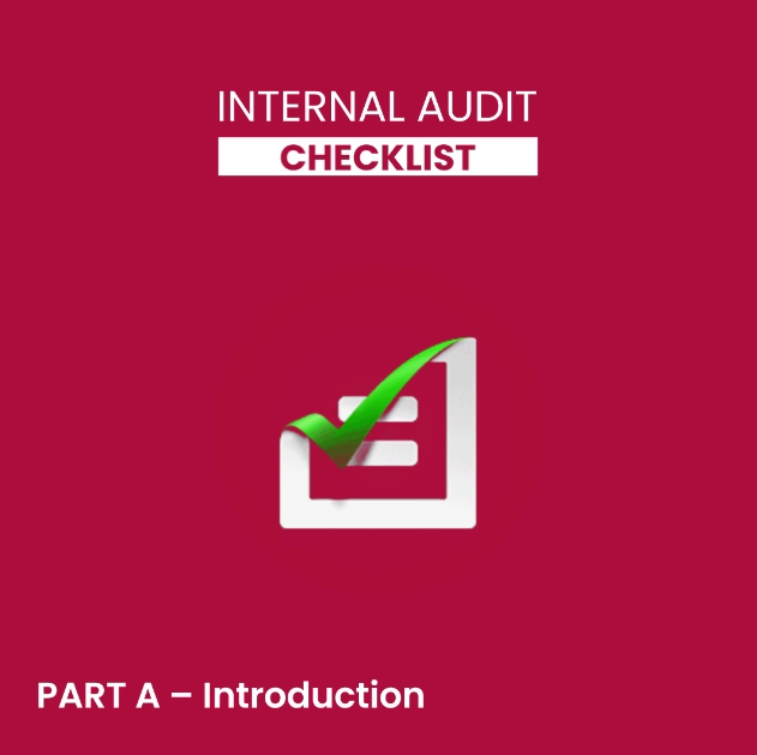

Part A – Introduction
“Internal Audit is an independent management function, which involves a continuous and critical appraisal of the functioning of an entity with a view to suggest improvements thereto and add value to and strengthen the overall governance mechanism of the entity, including the entity’s strategic risk management and internal control system.
Internal Audit provides assurance that there is transparency in reporting, as a part of good governance.”
Know Your Client (KYC)
The Council of ICAI approved the following KYC norms, which are made mandatory in nature and shall apply in all assignments pertaining to attest functions. These KYC norms shall be mandatorily applicable for engagements accepted on or after 1st January 2017.
Where Client is an Individual / Proprietor
(a) General Information
o Name of the Individual………………………………………………………….
o PAN or Aadhar Card No. of the individual……………………………..
o Business Description……………………………………………………….
o Copy of last Audited Financial Statement……………………………..
(b) Engagement Information
o Type of Engagement…………………………………………………….
Where Client is a Corporate Entity
(a) General Information
o Name and Address of the Entity ……………………………….……….
o Business Description……………………………………………………….
o Name of Parent Company in case of Subsidiary ……………………
o Copy of last Audited Financial Statement …………………………….
(b) Engagement Information
o Type of Engagement……………………………………………………….
(c) Regulatory Information
o Company Permanent Account Number (PAN)…………………………
o Company Identification Number (CIN)………………………………….
o Director’s Name & Addresses ………………………………………….
o Director’s Identification Number (DIN)…………………………………..
Where Client is a Non-Corporate Entity
(a) General Information
o Name and Address of the Entity …………………………………..……
o Copy of PAN No. …………………………………..……………………..
o Business Description……………………………………………………..
o Partner’s Name & Address…………………………………………………….
(With their PAN / Aadhar Card / DIN No.)
o Copy of last Audited Financial Statement ………………………………
(b) Engagement Information
o Type of Engagement……..………………………………………………
Legal and Statutory Compliances
Internal audit has a key role to play in providing independent assurance on the adequacy, appropriateness and effectiveness of internal controls and calibrates the chances of possible deviations; demonstrate transparency, accountability.
An internal auditor needs to check the compliance of various enactments like –
Compliance under Direct Tax Laws
- Income Tax Act, 1961
Compliance under Indirect Tax Laws
- Central Excise Act, 1944
- Service Tax
- Value Added Tax/ Central Sales Tax Act, 1956
- Goods and Service Tax (GST) LAW
Compliance under Other Relevant Enactments
- Employees’ State Insurance (ESI) Act, 1948
- Minimum Wages Act, 1948
- Payment of Wages Act, 1936
- Shops and Establishments Act, 1953
- Payment of Bonus Act, 1965
- Payment of Gratuity Act, 1972
- Contract Labour (Regulation and Abolition) Act, 1970
- Companies Act, 2013

